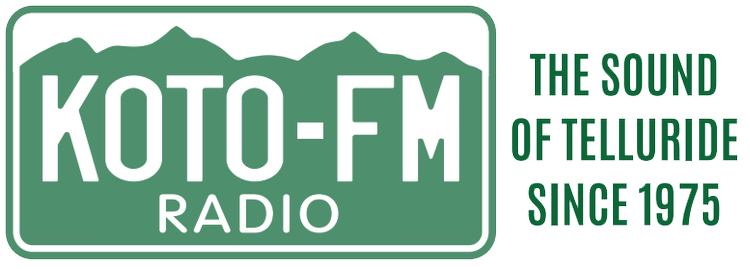Late in 2022, Joel, who lives here in Telluride began to have mild chest pain, and mysterious bouts of fainting at night. He decided it was time to visit the doctor. Joel, who is originally from Mexico, speaks through an interpreter.
“Over the last four months, I had fainted a couple of times and the last time I fainted I couldn't get up by myself. I hurt my back and I couldn't get off the floor after my fall. This is why my doctor was worried about me, and he got me in touch with another specialist in Denver who determined I needed surgery to put a machine in my heart,” says Joel.
Joel was first seen at the Telluride Medical Center for his condition. After, he traveled to Denver for a consultation with a cardiologist. That doctor was able to diagnose his condition, a rare inflammation of the heart muscles. But, Joel continues
“they couldn't help me there since I had no insurance [at the time]. They got me in touch with doctors in Montrose and eventually a doctor in Grand Junction, who set me up to have heart surgery on June 17th.” says Joel.
Joel still bears the evidence of his surgery, in the form of two deep scars on his chest, where the surgeon implanted a cardioverter defibrillator — a device which supports a broad range of heart functions. Amidst his medical emergency, a nurse at the Telluride Medical Center encouraged Joel to sign up for insurance through a program called OmniSalud.
“She told me that I qualified and encouraged me to sign up because I need to be seen every three months for my condition and this could be true for my life going forward. This is my first time on health insurance,” he says. “I can get a discount in Montrose and also here at our clinic in Telluride.”
Joel is an undocumented immigrant, and just a year ago, there was no real pathway in Colorado undocumented residents to receive health insurance. OmniSalud changed that, when the new program began accepting enrollees last November.
Simona, who lives in Telluride, enrolled as well. She too speaks through an interpreter.
“This is the first time I have had this type of health insurance,” she says. “I have to go to the doctor every three months to get my sugar checked. I would have to pay every time I went to the doctor. And now because of this insurance, I don't have to pay for every visit.”
Simona says, after only a few months, she is already seeing the benefits of her insurance.
“Economically this is going to be one of the biggest changes in my life. I can already see a very positive impact in my finances,” Simona adds.
Prior to OmniSalud, undocumented residents were hesitant to sign up for health insurance, as their information could be sent to the federal government. OmniSalud, a state program, keeps their information secure.
The program offers subsidized health care plans through the Connect for Health Colorado marketplace, which was set up as part of the Affordable Care Act. In its first year, the program offered only 10,000 spots. Leslie Sparks who works with the Tri-County Health Network worked with immigrants to get them enrolled. Interest was high.
“Connect for Health Colorado was kind of thinking we wouldn't fill these 10,000 spots and it was a far reach. However, that wasn't the case, and the 10,00 spots filled quickly,” recalls Sparks.
Sparks says, currently, it does not look like the state will be expanding the program, and offering more spots. Additionally, she reports,
“It does not sound like people can auto-enroll for OmniSalud, so everyone will have to apply and it will be just like last year, on a first come first serve basis,” Sparks adds.
While users of OmniSalud testify to the life-changing impacts it has had, some of the uncertainty of the program has not gone unnoticed. Here, again, is Joel.
“A lot of people have been benefiting from it. Without OmniSalud I don't think I would’ve been able to get this surgery. The only downside is that it's only for a year and its future is uncertain,” says Joel. “In other states you can have insurance for life. It would be nice if this program was more secure.”
For Sparks, witnessing the early impacts of the program sends a message about healthcare in general.
“We do need to work towards everyone being able to receive the healthcare they need and it's not based on your socioeconomic status, your immigration status. We all need healthcare,” she says.
The annual open enrollment period for OmniSalud begins on November 1st, and Sparks encourages anyone interested in enrolling or re-enrolling in OmniSalud to act early, as the program may fill quickly.
Interpretation and reporting on this story was made possible by Luis Tavares, Camila Vizzoco and Ximena Rebolledo-Leon.

